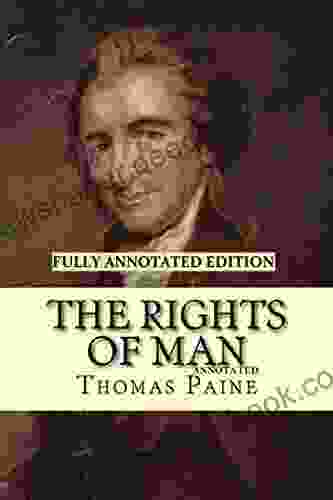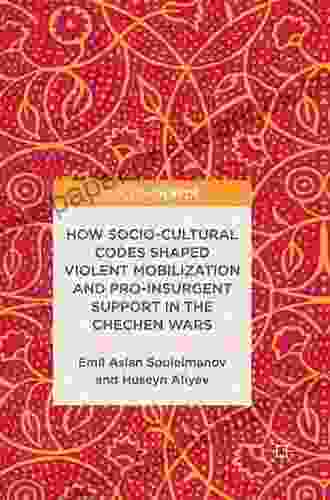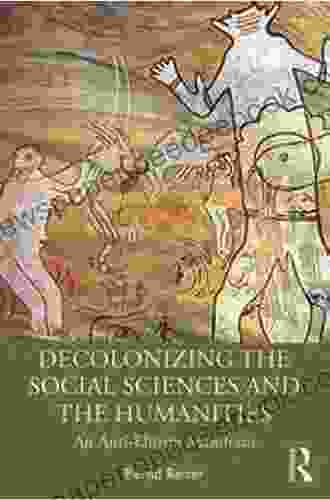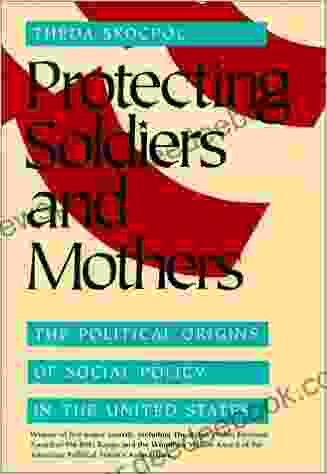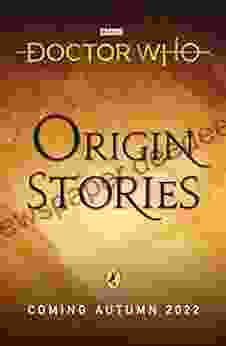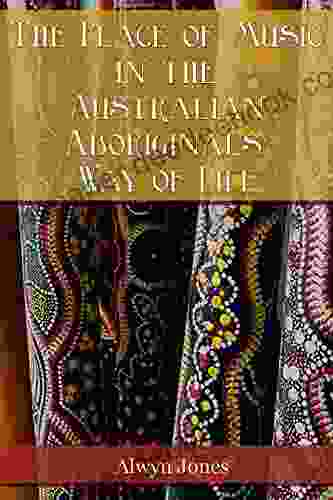Thomas Paine's Rights of Man is a seminal work of political philosophy that has had a profound impact on the development of human rights, political thought, and the American Revolution. First published in 1791, Rights of Man is a passionate defense of individual liberty and a scathing critique of monarchy and aristocracy. Paine argues that all humans are born with natural rights that cannot be taken away by government, and that government should be based on the consent of the governed.
The Rights of Man Fully Annotated Edition is a comprehensive examination of Paine's groundbreaking work. Edited by Eric Foner, a leading historian of the American Revolution, this edition includes an extensive that provides historical context and an analysis of Paine's arguments. The edition also includes annotations that explain historical allusions, provide background information, and offer different perspectives on Paine's ideas.
The Rights of Man Fully Annotated Edition is an essential resource for anyone interested in human rights, political philosophy, or the American Revolution. It is a thought-provoking and inspiring work that continues to resonate with readers today.
Key Themes in Rights of Man
- Natural Rights
- Consent of the Governed
- Limited Government
- Liberty
- Equality
- Democracy
Natural Rights
Paine argues that all humans are born with natural rights that cannot be taken away by government. These rights include the right to life, liberty, and property. Paine believed that these rights are self-evident and inalienable, meaning that they cannot be surrendered or transferred.
Consent of the Governed
Paine argues that government can only be legitimate if it is based on the consent of the governed. He believed that people have a right to choose their own government and to hold their leaders accountable. Paine was a staunch critic of monarchy and aristocracy, and he believed that all governments should be based on the principles of democracy and equality.
Limited Government
Paine believed that government should be limited in its powers. He argued that government should only exist to protect the natural rights of its citizens. He was suspicious of government power, and he believed that government should be subject to the rule of law.
Liberty
Paine was a passionate advocate for liberty. He believed that liberty is essential for human happiness and that it should be the goal of all government. Paine defined liberty as the "power to act or forbear, according to the will." He believed that liberty is not simply the absence of restraint, but the ability to exercise one's will without interference from others.
Equality
Paine believed that all humans are equal and that they should be treated with dignity and respect. He argued that there should be no distinction between people based on their birth, wealth, or social status. Paine was a strong advocate for social justice, and he believed that all people should have the opportunity to achieve their full potential.
Democracy
Paine believed that democracy is the best form of government. He argued that democracy is the only system of government that is based on the principles of consent, liberty, and equality. Paine was a strong advocate for representative democracy, and he believed that people should have the right to choose their own representatives and to hold them accountable for their actions.
Impact of Rights of Man
Rights of Man had a profound impact on the development of human rights, political thought, and the American Revolution. Paine's ideas helped to inspire the Declaration of Independence and the Constitution of the United States. Rights of Man has also been translated into more than 20 languages and has been used by activists around the world to fight for justice and equality.
American Revolution
Rights of Man was published in the midst of the American Revolution, and it had a significant impact on the debate over independence. Paine's ideas helped to galvanize support for the revolution and to convince many Americans that they had a right to self-government.
French Revolution
Rights of Man was also widely read in France, where it helped to inspire the French Revolution. Paine's ideas about liberty, equality, and democracy resonated with many French people, and they helped to fuel the revolution's demand for reform.
Human Rights
Rights of Man has had a lasting impact on the development of human rights. Paine's ideas about natural rights have been incorporated into many international human rights agreements, including the Universal Declaration of Human Rights. Rights of Man continues to be a source of inspiration for activists who fight for justice and equality around the world.
Thomas Paine's Rights of Man is a powerful and enduring work of political philosophy that has had a profound impact on the world. Paine's ideas about natural rights, consent of the governed, and democracy have inspired countless people to fight for justice and equality. The Rights of Man Fully Annotated Edition is an essential resource for anyone interested in human rights, political thought, or the American Revolution.



